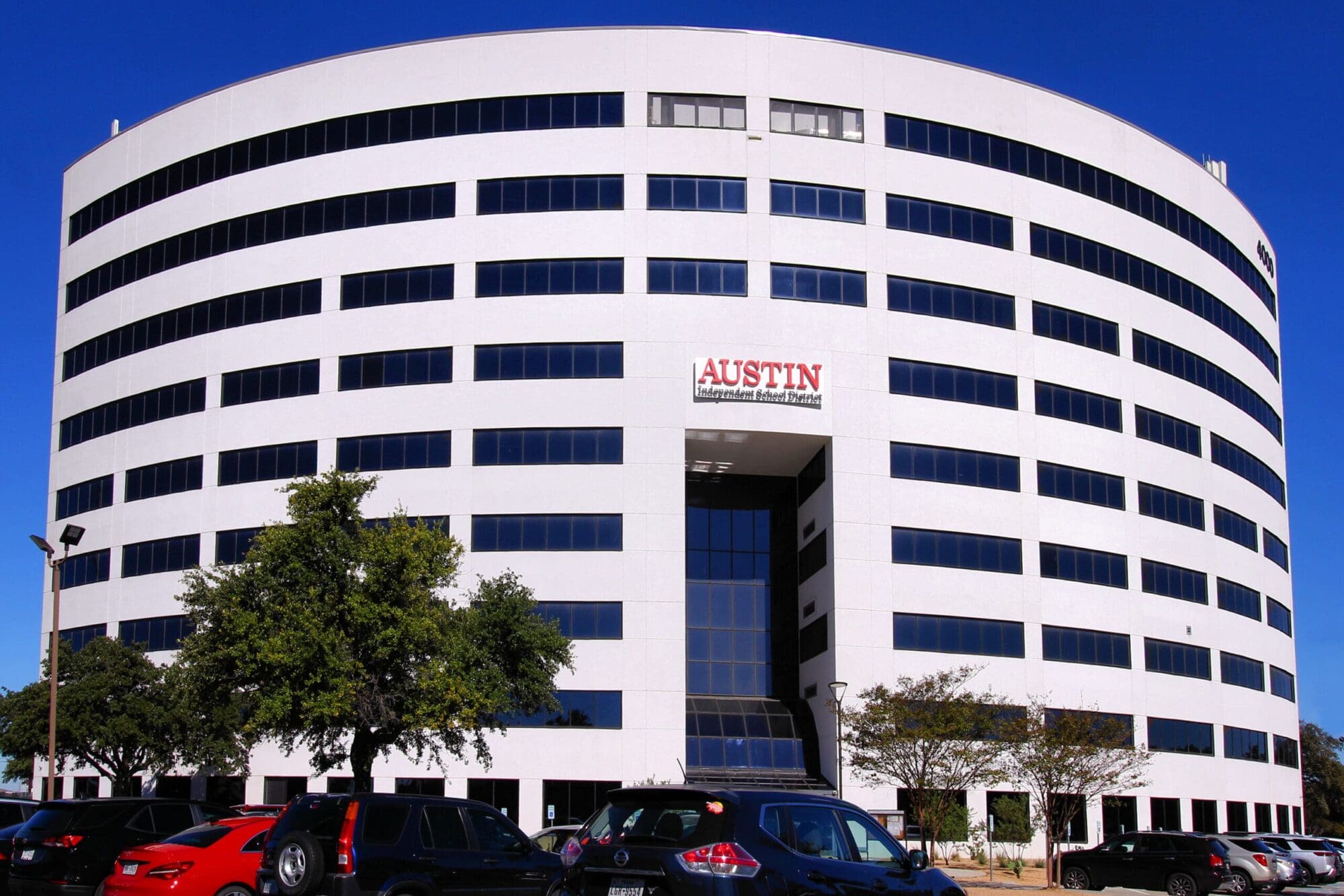At this point many people in and around the Bayou City have come to the same conclusion—Houston’s broke.
It’s taken some time to accept given that the city has been the fastest growing of the ten largest metro areas. But the years of overspending and deferring payments to balance the budget have finally caught up.
What’s taking far longer to grasp is the depth of the city’s problems, and the lengths to which City Hall has gone to convince residents otherwise. Houston does the least amount possible in making its finances transparent to constituents. 800-page financial reports, 500-page budgets, and lack of observation from the Controller’s office make being an informed taxpayer more than a full-time job.
Thankfully, we’re here to help.
Houston’s debt has been awfully understated up until recently. Even now, as the numbers are out and reports are surfacing, it’s hard to collectively grasp the graveness of the problem. The Greater Houston Partnership referred to Houston’s finances as a critical situation. Reports reveal debt-levels ranging from $3.2 billion to $12 billion and, as of January 1st, 2016, Houston will face a $126 million deficit. Also, depending on the outcome of the ReBuild Houston case, the city may have to pay back nearly $500 million in fees.
The Hoover Institute did a comprehensive study on the pension systems of the nation’s largest metro areas, and adjusted debts to market value for real value consideration. Last year’s pensions, retiree health, and other debt totaled 30 percent of the budget, and pension liabilities have nearly doubled in the last five years.
The difference in the numbers reported by Houston officials versus those used by Hoover vary significantly. Houston reports its pension fund debt at $3.2 billion and outstanding bond debt at $11.2 billion currently. After market adjustment those numbers become $13.7 billion and $12.3 billion respectively, totaling Houston’s market value debt at $26 billion.
James Quintero, Director of the Center for Local Governance at Texas Public Policy Foundation told Watchdog’s Texas Bureau, “They’re using this funny math…and their systems still look absolutely terrible.”
After studying Houston’s finance for the last year, a Municipal Finance Task Force had this to say, “What we cannot do is wait. The nature of these problems is such that the financial issues become much more difficult, and perhaps impossible, to resolve if the attempt at resolution is deferred (as the experience of other cities has shown).”
Houston’s administration, led by Mayor Annise Parker, has long stopped pretending to practice fiscal restraint. Now that they are being held accountable, their funny numbers aren’t adding up. True to the saying, “you don’t get the government you expect, you get the one you inspect,” Houston’s initial inspection isn’t turning out so nicely.




